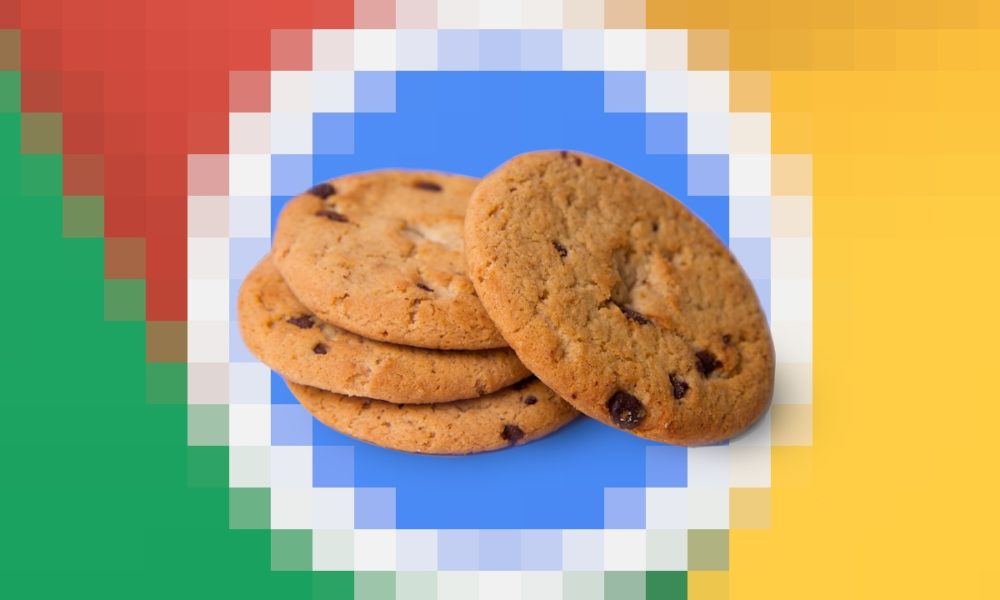
Google delays again, once again, the end of the cookies from third parties in Chromea goal that the company set itself a few years ago, but that it has not finished finishing off for different reasons, although deep down there is only one: to maintain control over the advertising system on which the company has been based since several decades ago.
The cookies They are those small files that the browser downloads in the background for each site you visit and that in many cases are essential to offer the experience that the user expects. The cookies They are essential, for example, so that a website does not ask you for your password every time you return, to remember the customizations you have made, etc.
The cookies third-party providers, however, are primarily focused on user tracking, which is not always a bad thing. Another example: if you are one of those who like to share news by clicking on the Facebook, Twitter or similar buttons that are usually included in the articles you read online, know that you could not do it without them.
However, where the most widespread use of cookies of third parties is in the advertising market, and in fact Google’s personalized advertising system is based on them, so it is not surprising that they thought very well before touching it. For privacy reasons, but also for effectiveness, given the rise of tracking blockers, it had to be done.
The first thing Google did is block cookies from third parties that are not transmitted through encrypted channels, that is, by HTTPS, thus improving the security of these elements, which, after all, are likely to be used to the detriment of the privacy and security of the user. They later implemented the SameSite attribute to limit the use of cookies of third parties, legitimate or not.
Beyond the patches, the replacement of the cookies of third parties in which Google worked, FLoC (by Federated Learning of Cohorts), in effect improving the potential security flaws of the traditional method, but at the cost of everything going through the Internet giant’s hoop. This means that browsers derived from Chromium would have to accept it yes or yes, and as expected, it was not.
But not only browsers like Brave or Vialdi opposed FLoC: FLoC’s favoritism towards Google as a monopoly in online advertising raised alarms between different parties and doubts about the suitability, but also about the legality of the initiative. Many questions were asked then: would Google’s new system be compatible with the European GDPR? A year later, the company scrapped the idea.
So Google abandoned FLoC and replaced it with what it initially called Topics, a new API, later reworded as Privacy Sandbox. That deep down is almost the same, this that, a refined tracking system, safer on paper by not sharing said information among a thousand different “partners”, at least directly, but until then: control will continue to be in the hands of Google.
That said, the implementation of Privacy Sandbox is going to take a long time, and this time, Google wants to bring together a greater consensus among developers, because the greater the consensus, the fewer problems to face in the future, especially among regulatory entities and of consumer protection. For this, the company time has been given until 2023thus widening the margin of evaluation.
By developers, yes, Google does not refer to its competition, but to the web developers in charge of implementing the technology. Everything will start testing from 2023 and, to consolidate, cookies from third parties will disappear from Chrome in the second half of 2024. From Chrome, or what is the same, from the Internet. If aside from adaptation we add the market share of the browser, all is said.



